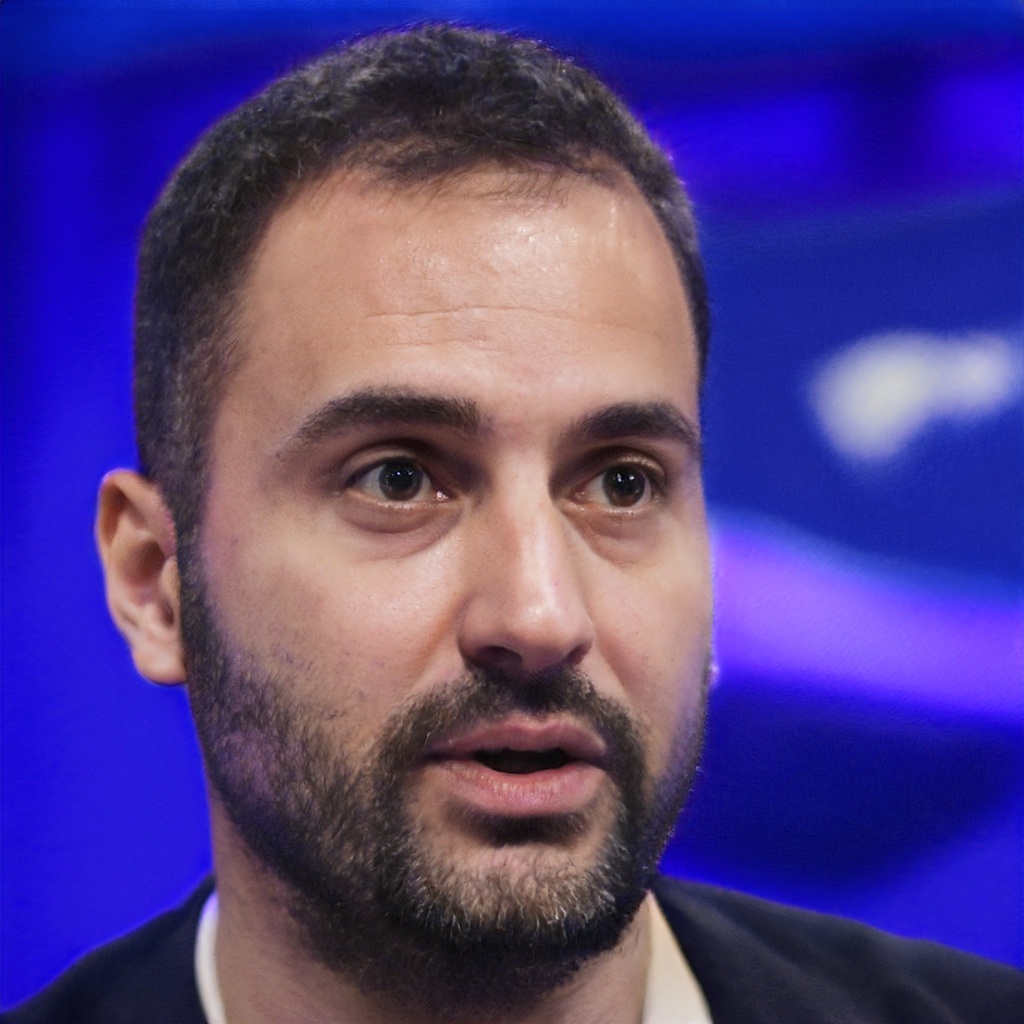The field of genomics offers groundbreaking possibilities for decoding the mysteries of our DNA and transforming modern healthcare. However, this potential also introduces serious concerns around data privacy. Traditional methods struggle to manage the complexity and sensitivity of genetic information. Blockchain technology, with its decentralized structure and cryptographic security, is emerging as a transformative solution. This fusion marks a shift in how we protect privacy in the age of medical innovation.
The Importance of Genomic Information
Genomic data contains the blueprint of our biological identity—revealing hereditary traits, disease risks, and opportunities for personalized treatment. While this information drives medical advancements, it must be rigorously protected. As interest in genomics grows, so does the urgency to secure such deeply personal data against misuse and breaches.
Challenges of Genomic Privacy
Genetic data is inherently identifiable, linking individuals not just to themselves but also to relatives and ancestral lines. Traditional data systems are vulnerable to breaches, leaks, and unauthorized access. Additionally, researchers must often share data to accelerate scientific discovery—raising difficult questions about consent, security, and potential discrimination based on genetic traits.
Understanding Blockchain Technology
Originally developed for cryptocurrencies, blockchain is a decentralized, tamper-proof digital ledger. It records data transparently and immutably, with each block linked cryptographically to the previous one. Once data is entered, it cannot be altered without the consensus of the network, making blockchain a secure foundation for sensitive information like genomic records.
Blockchain and Genomic Privacy: A Natural Synergy
Blockchain eliminates centralized control points, reducing vulnerability and enhancing security. Its immutability ensures the integrity of genomic records, while its transparency allows individuals to track how their data is accessed and used. This makes blockchain a compelling solution for genomic privacy.
Advantages of Blockchain for Genomic Privacy
- Data ownership and control: Individuals can manage who has access to their genetic data using private cryptographic keys.
- Smart contracts: Automated rules allow secure and conditional data sharing without intermediaries.
- Transparency and auditability: All actions on the data are recorded and traceable, increasing accountability.
Security Through Individual Data Control
Blockchain empowers users to manage access to their genomic information. By using encrypted keys, individuals can approve or revoke data sharing permissions. This enables secure research collaboration without compromising personal privacy and fosters a model where people remain active participants in healthcare innovation.
Consent and Ethical Considerations
Beyond technical safeguards, ethical transparency is crucial. Blockchain supports consent-driven data use by maintaining auditable trails of who accessed the data and for what purpose. This enhances trust between individuals, researchers, and healthcare providers, aligning technological innovation with moral responsibility.
Interoperability and Standardization
As blockchain-based genomic platforms proliferate, ensuring interoperability and adherence to global data standards is essential. Future platforms must align with frameworks like GDPR and HIPAA while enabling cross-platform genomic data exchange. Standardized protocols will help ensure that genomic data can be used ethically and securely across research, medical, and pharmaceutical domains.
Practical Applications of Blockchain in Genomics
- Decentralized genomic databases where individuals control access to their data.
- Secure data marketplaces that enable ethical exchange of anonymized genetic information.
- Research platforms facilitating collaboration while upholding privacy rights.
These real-world applications showcase the practical potential of blockchain to revolutionize genomic data management.
Shaping the Future of Genetic Privacy
The future of genomic privacy will be defined by the collaboration between blockchain developers, healthcare professionals, policymakers, and ethicists. These partnerships will create responsible practices that ensure genetic research can flourish without compromising individual rights. As technology evolves, so too will our ability to balance progress with protection.
Conclusion
The integration of blockchain and genomic privacy marks a pivotal advancement in medical technology. This powerful partnership addresses the challenge of protecting genetic data by prioritizing individual rights, security, and transparency. As this fusion continues to develop, it promises a future where groundbreaking genetic research can thrive—ethically and securely.
FAQ
What exactly is genomic data?
Genomic data refers to information about a person’s DNA, including inherited traits, disease risks, and other biological characteristics that influence health and treatment.
How does blockchain improve genomic data privacy?
Blockchain’s decentralized, immutable structure protects the integrity and security of data, enabling controlled access and transparent usage tracking.
What are blockchain smart contracts?
Smart contracts are self-executing digital agreements built into the blockchain that enforce rules for data sharing without the need for intermediaries.
Are there real examples of blockchain being used in genomics?
Yes. Projects like Nebula Genomics and Shivom have implemented blockchain to offer secure, private platforms for sharing genetic data while maintaining user control.
What is the future of blockchain in genomic privacy?
With continued collaboration across disciplines, blockchain will enable ethical, secure, and scalable systems for managing genetic data—balancing innovation with privacy.

Danny Mele is a seasoned entrepreneur and the author behind genebanktoken.com, a platform that aims to revolutionize the agricultural industry through the use of blockchain technology. With over a decade of experience in the tech industry, Danny is passionate about creating innovative solutions that can drive positive change and help make the world a better place. His expertise in blockchain technology has allowed him to develop Genebank Token, a decentralized platform that enables farmers to share and preserve their seed varieties while ensuring transparency and fairness in the industry. Danny is committed to advancing the use of blockchain technology in agriculture and is constantly exploring new ways to help farmers around the world.

